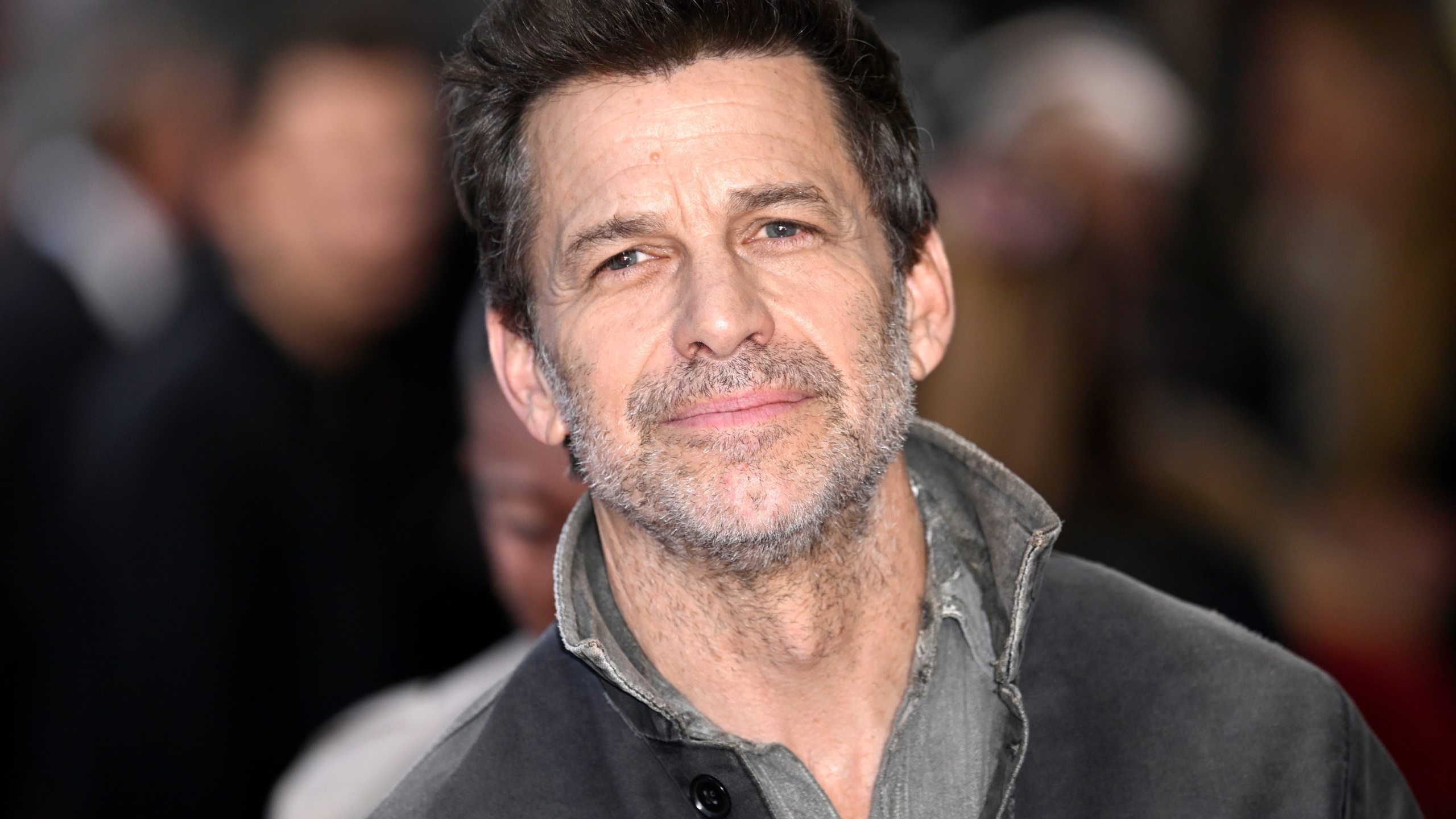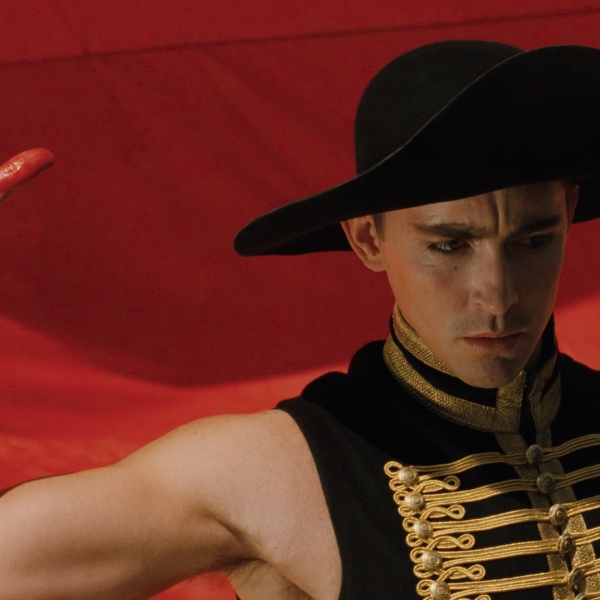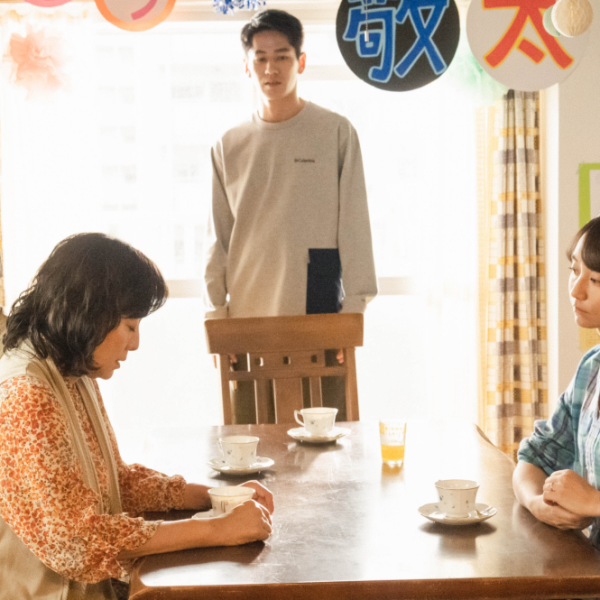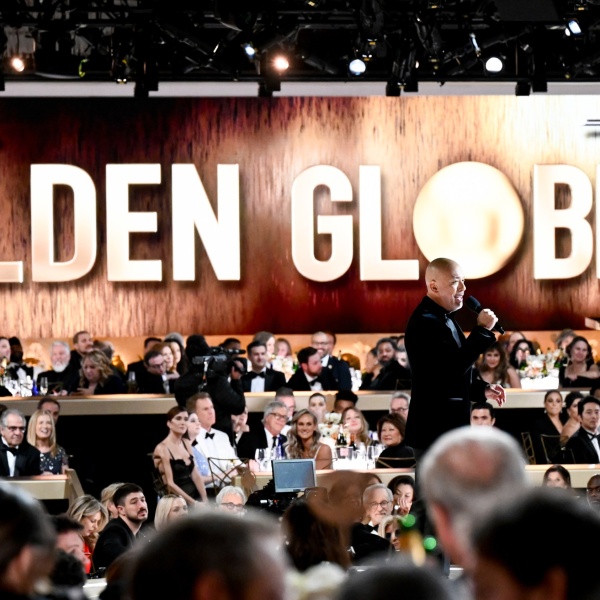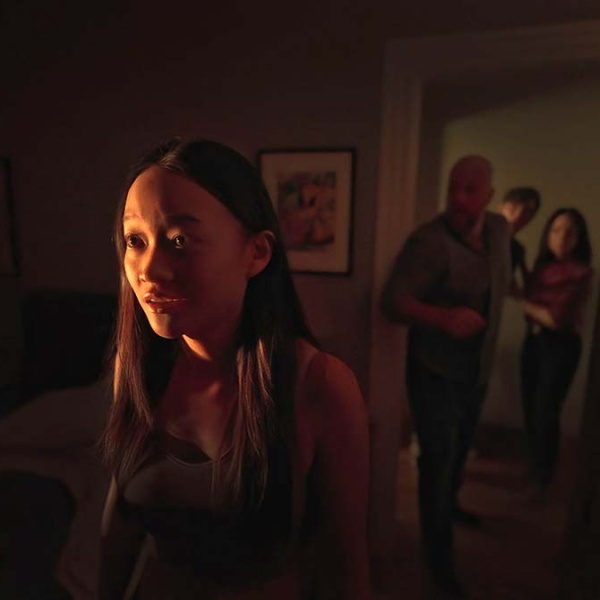Zack Snyder made waves during a March appearance on “The Joe Rogan Experience” when he claimed that his critically panned space opera “Rebel Moon — Part One: A Child of Fire” was seen by more people when it dropped on Netflix than “Barbie” was during its massive theatrical run. The comments earned him plenty of criticism from cinephiles who felt that he was minimizing the importance of movie theaters, but the director is standing by the math that led him to make the claim.
“You think about Netflix, for instance, where you push a button. ‘Rebel Moon,’ right? Say right now, it’s like almost 90 million views… 80 or 90 million accounts turned it on, give or take,” Snyder said at the time. “They assume two viewers per screen, right? That’s the math… so that’s 160 million people supposedly watching. One hundred and sixty million people at $10 a ticket, that’s $1.6 billion. So more people probably saw ‘Rebel Moon’ than saw ‘Barbie’ in the theater. That’s how crazy Netflix is — that’s the distribution model that they’ve set up.”
In a recent conversation with Gizmodo to promote his new sequel “Rebel Moon — Part Two: The Scargiver,” Snyder tried to clarify his controversial comments.
“Oh, no, I would say it’s kind of the opposite,” Snyder said when asked if he was trying to say that streaming is more valuable than theatrical distribution. “What I was implying was — well, there are two things. One is I was just going by the numbers that I was given by Netflix. People are like, ‘Oh, well, Snyder’s crazy,’ but literally I just am doing [math] with this, not anything else. If now we’re close to 100 million viewers, 100 million views times two is 200 million views… so, people are like, ‘Snyder’s delusional,’ and I am just like ‘I don’t know what to tell you.’”
But while Snyder still believes that more people watched “Rebel Moon” than “Barbie,” he didn’t deny that the latter had a larger impact on pop culture. He went on to explain that the two films’ disparate impacts on the zeitgeist is evidence of how much cultural currency movie theaters still have.
“The cultural significance of ‘Barbie’ was happening when it was in the theaters,” Snyder said. “That’s when we all took a bite of the ‘Barbie’ apple, and happily. And so my only point is that I think there is a theatrical zeitgeist. Even though maybe more people have eyes on something, the actual sort of cultural significance is dictated still by the theater.”
